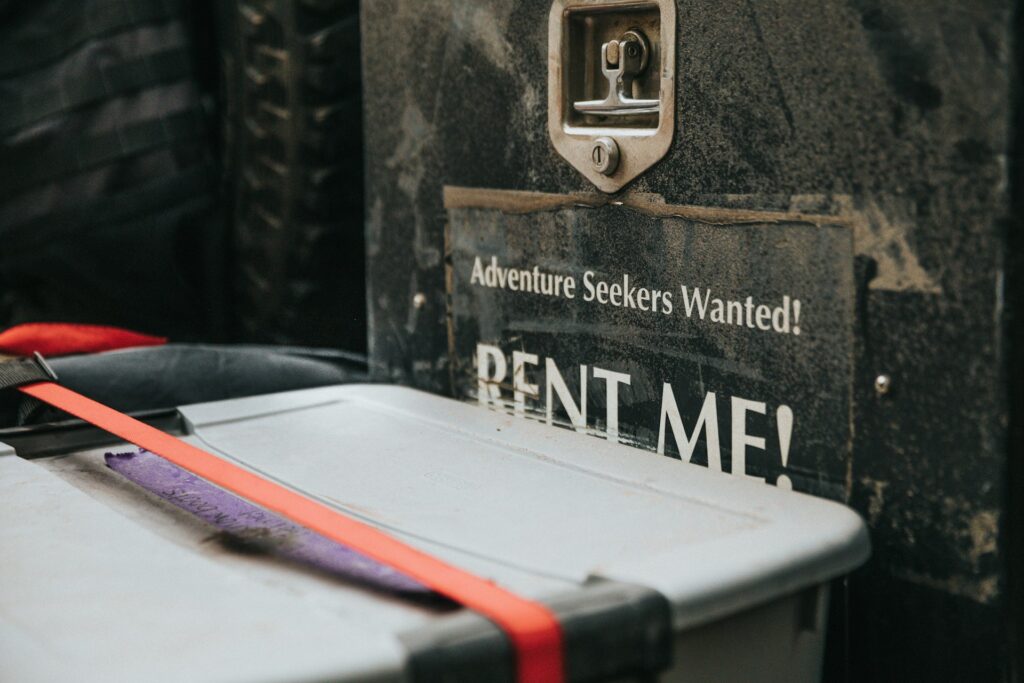
We are reader-supported. When you buy through links on our site, we may earn an affiliate commission.
Summer is the season to get in the water. Abiding by pool safety tips ensure that you and your family have fun in the sun by minimizing your chances of injury or sunburn.
What should you know before you go for a swim? Heeding these seven pool safety tips goes a long way toward creating a more enjoyable summer.
Benefits of Swimming Pools
Few things beat the social experience of hanging out at the pool in the summer. The laid back environment encourages mingling, and the occasional dip keeps you cool and comfortable.
Building a pool at your house has an average ROI of 56% if you opt for an inground over an above-ground model. However, the real perks are the intangible benefits. You have a built-in spot for socializing, exercise and more. Of course, investing in a membership to your local facility can also pay off in the following perks:
- Facilitates physical exercise: Aquatic exercise is far more comfortable for people with arthritis and other pain disorders, as the water’s buoyancy takes pressure off swollen joints. Additionally, the liquid acts as natural resistance, combining toning and cardiovascular benefits in one. Whether you swim or walk laps or participate in water aerobics, you can get a fabulous workout.
- Eases mental health symptoms: Exercise therapy in warm pools can improve your mood. The physical activity and soothing blue atmosphere also eases anxiety.
- Improves memory: Those who engage in regular physical exercise demonstrate greater mental sharpness, and the cool pool environment encourages even sedentary individuals to move.
- Boosts immunity: Swimming outdoors spurs your body to produce vitamin D, a hormone crucial for bone health and boosting immunity.
- Encourages goal-setting and agency: Agency is your perception that your actions make a positive difference. One way to build it is by setting goals and achieving them, which you can do in a pool. Challenging yourself to go one more lap or improve your speed builds your confidence.
7 Pool Safety Tips for a Secure, Enjoyable Swimming Experience
Humans don’t have gills like fish, and drowning remains the biggest risk of swimming. According to the Centers for Disease Control and Prevention, approximately 4,500 Americans drown each year.
Additionally, accidents due to slippery or dangerous conditions can lead to injury, sometimes permanent. Obeying the seven pool safety tips below decreases the risk of disaster and increases the odds of a fun day in the sun.
1. Invest in Swimming Lessons
Swimming lessons aren’t a guarantee against drowning, but they go a long way toward keeping you safer in the pool. However, more than half of Americans lack basic swimming skills, which you can master at any age. Check with your local YMCA or parks and recreation department about courses appropriate for your age group.
At what age should you send your kids to swimming lessons? Many people say no age is too young — some mothers even give birth in the water. Starting young significantly reduces drowning risk in children aged 1 to 4, so don’t wait too long postpartum to get wet. Mama might benefit too, as water workouts can help you ease back into your body, taking pressure off sore spots.
However, please don’t feel like you missed your window. Most people can grasp basic strokes, like the crawl, by age 5, and your ability to master different swimming techniques doesn’t decline with age.
2. Close the Gate
Nearly every jurisdiction in the United States has laws governing swimming pool enclosures intended to prevent accidental drownings by wandering passersby, especially among the toddler set. Many of these guidelines require automatically closing gates, but even the sturdiest construction won’t safeguard you against accidents — and potential liability — if you leave them propped open.
One aspect to consider when looking for a new apartment is how other residents use desirable amenities like pools. You might long for the water, but proceed with caution if you plan on having children, and your neighbors habitually violate pool safety by admitting unauthorized guests or leaving the gate open despite signage indicating otherwise.
3. Keep Your Eyes on the Prize
The prize, here, is your precious little one. It’s easy to grow distracted by juicy gossip or a ringing telephone, but drowning can happen in the blink of an eye. You must supervise your children closely when you take them to the pool. If you must leave to use the restroom or grab a snack, take the kiddos with you — even if they protest.
You can loosen up on this pool safety tip as your children age, and you gain confidence in their abilities and judgment. How old they should be depends on many factors, such as their size, physical abilities and temperament. Even if they can swim, can you trust them to follow other rules, like avoiding horseplay?
Always take your phone with you when visiting a public pool. Although you must avoid letting it distract you, it’s invaluable for calling for help in an emergency.
4. Adults Need a Buddy, Too
Furthermore, it’s unwise for adults to swim alone. Even experienced swimmers can slip and fall, hit their head, lose consciousness and drown. Use the buddy system. If you must swim alone, let someone know where you are going and check in with them upon emerging from the water.
5. Just Say No
Fun and the sun go together, but certain substances do not mix with water. A crucial pool safety tip is to keep the following three substances out of the swimming area:
- Glass: It’s impossible to see glass underwater, but it can cause a lot of damage to bare feet. Accidents mean draining the entire pool, an expensive process that takes time and uses a tremendous amount of water. One person’s beer bottle could cost a community a month or more of swimming time while the HOA addresses the issue.
- Alcohol and other substances: You need your wits about you when you swim. Plus, alcohol can rapidly dehydrate you, leading to inattentiveness. Save the adult fun for when you are safely away from the water.
- Horseplay: Concrete surrounds most inground pools. It’s not a forgiving surface to fall on, and water increases the risk of slipping. Walk, never run, around the pool and keep your hands and other body parts to yourself.
6. Stay Sun Safe
Have you noticed that you burn more quickly at the pool? That’s because water reflects the sun, making the rays even more intense.
Apply plenty of sunscreen, and pay attention to the type you choose. Chemical-based sunscreens take up to 20 minutes for full effect, while mineral formulas offer immediate protection. You should slather more on after swimming, reapplying it every two hours at a minimum.
7. Know When to Call It a Day
Swimming is exercise, although it may not feel very strenuous as the water keeps you cool. However, exhaustion can make you careless and increase the risk of accidents. Know when to say when, especially on the hottest days. Head indoors when you start to fatigue.
Pool Safety Tips
Swimming pools and summer are a natural pair, like red beans and rice. Heeding these pool safety tips ensures that your time in the sun remains fun and doesn’t end in tragedy.
If you have a pool at your home, posting pool safety tips protects you and your guests. Heed the rules at public facilities and enjoy a safe, refreshing swim.










